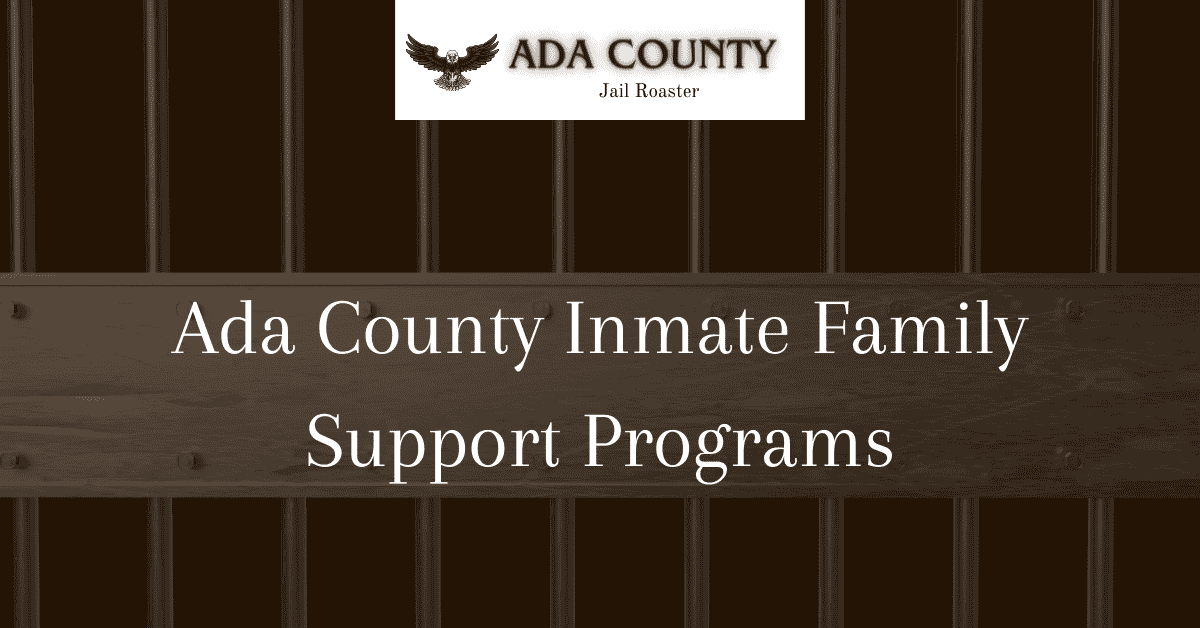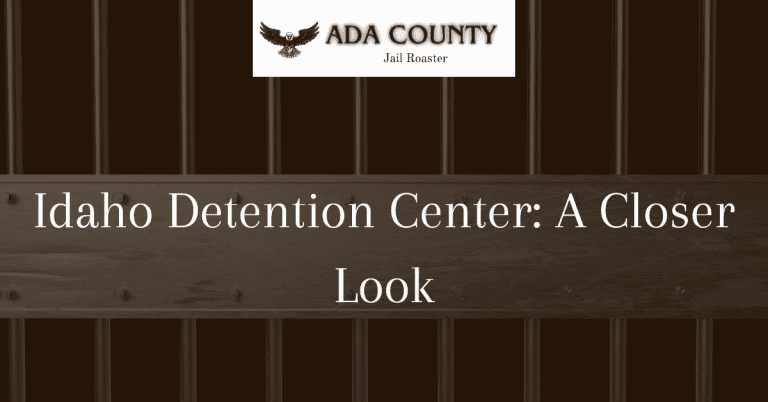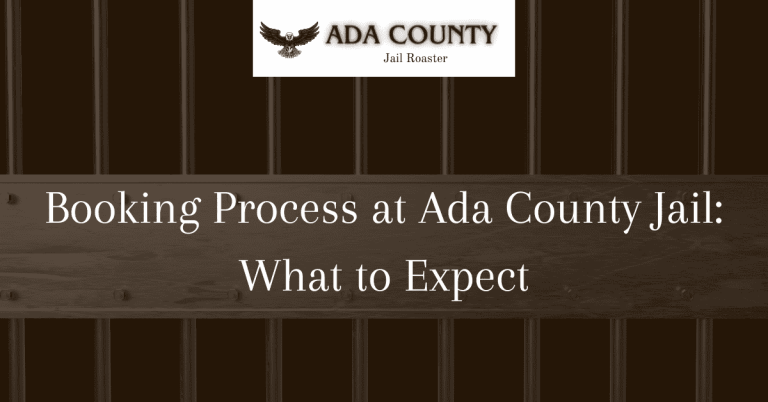Ada County Inmate Family Support Programs
Supporting families of inmates in Ada County is a crucial endeavor that aims to provide assistance and resources to those facing the challenges of having a loved one incarcerated. These family support programs play a vital role in helping relatives cope with the emotional and practical difficulties that arise in such situations. By offering guidance, counseling, and various forms of aid, these initiatives strive to create a supportive community for affected individuals.
Through a range of services and programs tailored to the specific needs of inmate families, Ada County’s support system aims to alleviate stress, strengthen relationships, and promote overall well-being. By fostering understanding and connection among these families, these programs contribute to a more resilient and compassionate society that values the importance of supporting all its members, especially during challenging times.
The Impact of Family Support Programs
Family support programs in Ada County play a crucial role in assisting the relatives of inmates, providing them with the necessary resources and guidance to navigate the challenges they face. These programs aim to alleviate the emotional and practical burdens that come with having a loved one incarcerated, offering a sense of community and understanding to those in need.
By participating in these initiatives, families can access a range of services tailored to their specific needs, including counseling, support groups, and educational workshops. These resources not only help individuals cope with the stress and uncertainty of having a family member in prison but also contribute to strengthening familial bonds and promoting overall well-being.
Empowering Families Through Guidance and Counseling
One of the key components of Ada County’s family support programs is the provision of guidance and counseling services to help individuals navigate the complex emotions and challenges that arise when a family member is incarcerated. Through one-on-one sessions with trained professionals, families can address their concerns, fears, and uncertainties in a safe and supportive environment.
These counseling sessions aim to empower families by providing them with the tools and strategies to cope effectively with the impact of incarceration on their lives. By offering a space for open communication and emotional expression, these programs enable individuals to process their feelings and develop coping mechanisms to navigate their circumstances more effectively.
Building Stronger Relationships and Resilience
Ada County’s family support programs are designed to not only provide immediate assistance to families but also to foster stronger relationships and resilience within the community. By offering support groups and workshops focused on communication, conflict resolution, and stress management, these programs aim to enhance the overall well-being of participants and promote a sense of unity and solidarity among families.
Through these initiatives, individuals can learn valuable skills and strategies to strengthen their relationships with their incarcerated loved ones, as well as with other family members. By promoting understanding, empathy, and connection, these programs contribute to a more resilient and compassionate society that values the importance of supporting all its members, especially during challenging times.
FAQs
Ada County inmate family support?
Ada County offers a variety of support services for families of inmates to address their emotional, financial, and practical needs. These services may include counseling sessions to help family members cope with the stress and emotional impact of having a loved one incarcerated. Additionally, Ada County may provide financial assistance for basic necessities such as food, housing, and transportation. Family support programs may also offer educational resources and workshops to help family members navigate the legal system and understand their rights and responsibilities.
Get help for families in Ada County?
Families of inmates in Ada County can access support programs by reaching out to local organizations, social service agencies, or correctional facilities. These entities can provide information about available support services and help families navigate the process of accessing them. Additionally, families can inquire about support programs during visitation hours at correctional facilities or through online resources provided by Ada County.
Why join Ada County’s family programs?
Participating in family support programs in Ada County can bring numerous benefits to families of inmates. These programs offer a sense of community and connection, allowing family members to share their experiences and support one another. By participating in counseling sessions and educational workshops, families can gain valuable skills and resources to help them navigate the challenges of having a loved one incarcerated. Additionally, support programs can provide financial assistance and practical support to help families meet their basic needs and improve their overall well-being.
Programs for kids of inmates in Ada?
Ada County recognizes the unique needs of children with incarcerated parents and offers specialized programs to support them. These programs may include counseling services, educational resources, and mentorship opportunities to help children cope with the emotional and practical challenges they may face. By providing a safe and supportive environment for children to express their feelings and learn coping strategies, these programs aim to promote resilience and positive outcomes for children of inmates in Ada County.
Keeping in touch with jailed kin in Ada?
Ada County encourages families to maintain meaningful connections with their incarcerated loved ones through various means. Families can visit their loved ones during designated visitation hours at correctional facilities or communicate through letters, phone calls, or video visits. Additionally, Ada County may offer programs that facilitate family communication and visitation, such as transportation assistance or virtual visitation options. By staying connected with their incarcerated loved ones, families can provide emotional support and strengthen their relationships during a challenging time.







